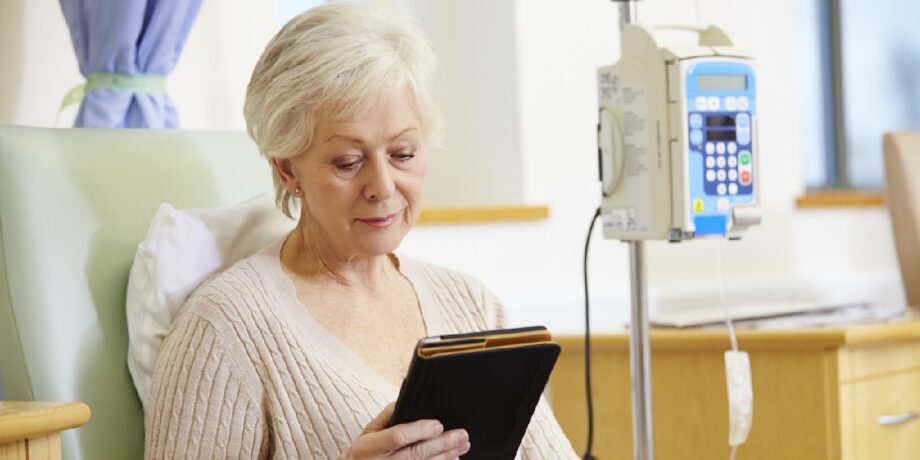Heritable breast cancer is caused by particular gene variants being passed from parent to child. It’s believed that about 5 to 10% of breast cancers are hereditary.
In 1998, scientists analysed 117 families with heritable breast cancer. Turns out, one-third of women with hereditary breast cancer had variations (or mutations) in the BRAC1 gene and another third had variations in the BRAC2 gene. The last third had lots of gene variants that all combined to make them more prone to getting cancer.
Certain variants in the BRAC1 and BRAC2 genes are far more dangerous than others. Unfortunately, some populations have more of these cancer-driving variants. Approximately 20% of Ashkenazi Jewish women with early-onset breast cancer, or 1% of the female Ashkenazi Jewish general population, have the BRAC1 185delAG mutation. Researchers estimate that individuals with this mutation have up to an 80% chance of developing breast cancer by age 70. This puts Ashkenazi Jewish women at high risk.
Genetic testing can help identify those at risk for heritable breast cancer.
For people with a family history of breast cancer, or that belong to high-risk populations, genetic testing can help. There are three broad types of genetic tests that can be done. Here’s a breakdown:
- BRCA1 and BRCA2 testing: Mutations in these genes account for over 60% of the lifetime risk of inherited breast cancer.
- Multigene panel testing: This broader test analyses multiple genes, including BRCA1 and BRCA2, along with others like ATM, BARD1, BRIP1, CDH1, CHEK2, NF1, PALB2, PTEN, RAD51C, RAD51D, STK11, and TP53. The latter genes have weaker but still detectable links to breast cancer risk.
- Founder mutation testing: This test is relevant for smaller populations with a higher yet unexplained risk of inherited breast cancer.
Genetic testing has many advantages.
- Early detection: Knowing your increased risk allows for more frequent screening, potentially leading to earlier cancer diagnosis and treatment.
- Risk management strategies: Depending on the test results, doctors can recommend preventive measures like medications or increased surveillance.
- Informed decision-making: Genetic testing empowers you to make informed choices about your health and cancer prevention strategies.
It is important to remember:
Not everyone should get genetic testing. A healthcare professional will assess your family history and other risk factors to determine whether you need testing. If you test positive, there’s a higher risk, but it doesn’t mean you’ll definitely get cancer. Negative test results are good news, but they don’t eliminate your risk.
Just keep in mind, the purpose of genetic counselling is to evaluate your risk and explore ways to manage it. It is important to receive counselling both before and after testing.



